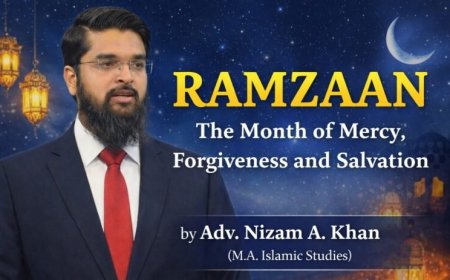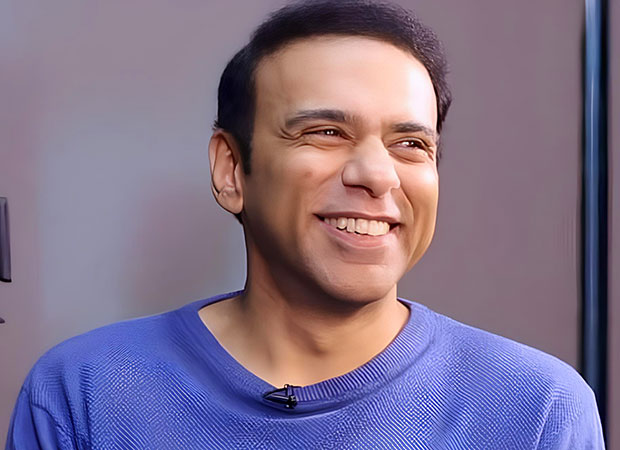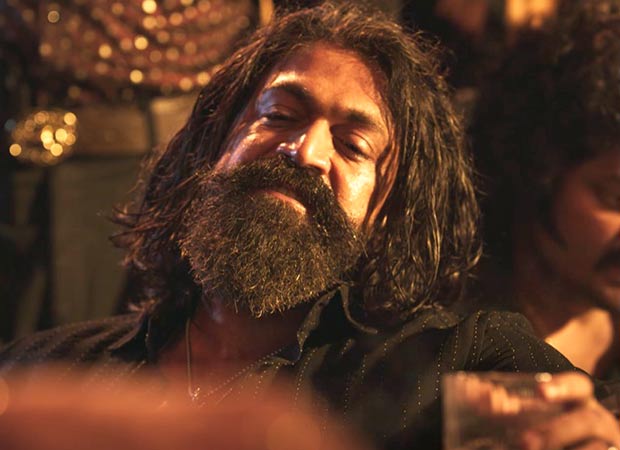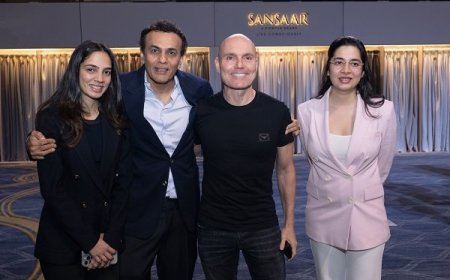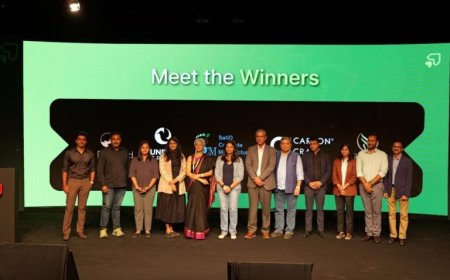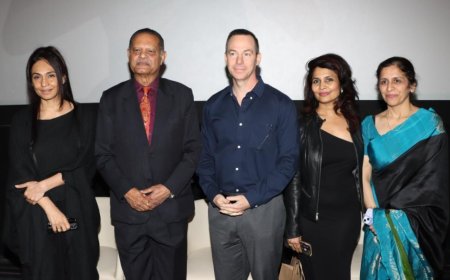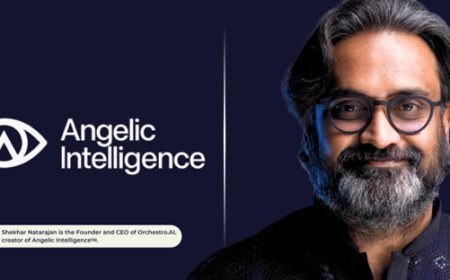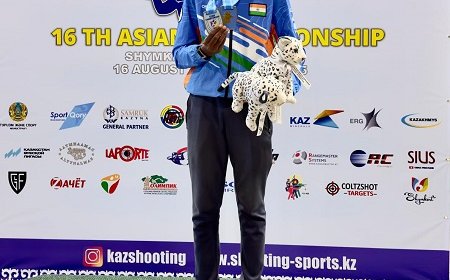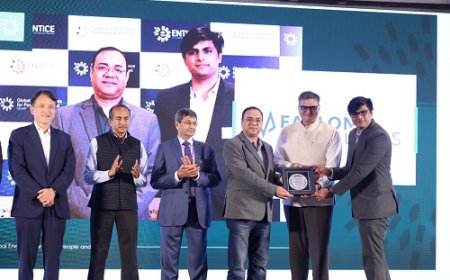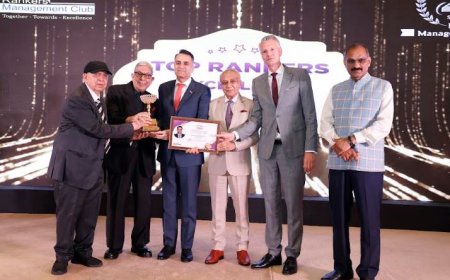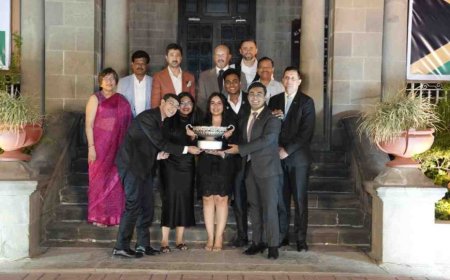Adv. Nizam A. Khan Delivers Scholarly Lecture on Milaad un Nabi, Calls for Strict Adherence to Qur’an and Sunnah
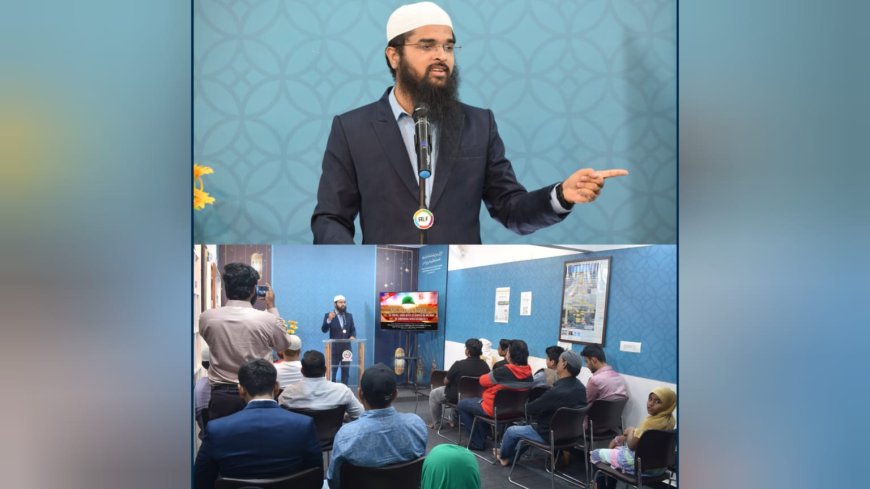
Hyderabad, India: In a thought-provoking lecture that drew wide attention from scholars, students, and community members, Adv. Nizam A. Khan, noted advocate and Islamic thinker, addressed the controversial issue of celebrating Milaad Un Nabi (the birthday of Prophet Muhammad, peace and blessings be upon him). Delivering his discourse with depth and clarity, Adv. Nizam A. Khan argued that the celebration of Milaad Un Nabi has no foundation in the Qur’an, Sunnah, or the practices of the earliest generations of Muslims.
No Basis in Qur’an or Sunnah
At the outset, Adv. Nizam A. Khan praised Allah and invoked peace upon the Messenger of Allah, before delving into the heart of the matter. He explained that the Qur’an contains no command to celebrate the Prophet’s birthday, and likewise, the Prophet himself neither celebrated it nor instructed his followers to do so.
He quoted a narration reported by al-Bukhari, in which the Prophet (peace be upon him) warned against exaggeration, saying: “Do not exaggerate about me as the Christians exaggerated about the son of Maryam. I am only a slave, so say, ‘The slave of Allah and His Messenger.’”
How the Prophet Observed His Birth Day
Addressing the popular claim that the Prophet himself marked his birthday, Adv. Nizam A. Khan clarified:
“What the Prophet did was to fast on Mondays, saying, ‘That is the day on which I was born and the day on which Revelation came to me.’ This was an act of worship, not a celebration.”
He explained that fasting on Mondays is the only authentic way linked to the Prophet’s birth, whereas organizing festivals or rituals in his name has no support in Islamic sources.
Position of the Companions and Early Generations
A major portion of the lecture focused on the stance of the Prophet’s Companions (Sahabah) and the early generations of Muslims. Adv. Nizam questioned rhetorically:
- “Did Abu Bakr (may Allah be pleased with him), the Prophet’s closest companion, celebrate his birthday?”
- “Did Umar, who ruled for twelve years, or Uthman, or Ali, ever commemorate this day?”
He stressed that none of the Sahabah or the eminent scholars of the first centuries of Islam—such as Imam Abu Hanifa, Imam Malik, Imam Shafi’i, or Imam Ahmad ibn Hanbal—ever sanctioned or participated in Milaad Un Nabi celebrations.
“Is it possible,” he asked, “that those who loved the Prophet more than anyone else did not understand the significance of Milaad Un Nabi, and that its importance was discovered only by later generations? By Allah, no! What they did not consider part of religion cannot suddenly become part of it centuries later.”
Historical Emergence of Milaad Un Nabi
In a powerful and historically grounded lecture, Adv. Nizam A. Khan shed light on the origins of celebrating Milaad Un Nabi (the Prophet Muhammad’s birthday), describing it as a religious innovation (bid‘ah) that appeared centuries after the Prophet’s lifetime.
Speaking to an attentive audience, Adv. Nizam A. Khan asserted:
“A Sufi innovated it in the era of Sultan Irbil around the year 600 A.H, and it does not have any basis in our pure Shariah.”
Origins Traced to Ruler of Irbil
Citing scholarly references, he explained that the first person to officially introduce Milaad Un Nabi was Muzaffar ad-Din ibn Zain al-Din, ruler of Irbil, nearly six centuries after the time of Prophet Muhammad (peace be upon him).
Referring to the work of Allaamah Muizzuddin Hasan Khwaarzimi in Al-Qawl al-Mu’tamad, Adv. Nizam quoted:
“The Ruler of Irbal, King Muzaffar Abu Saeed Kaukari, was an irreligious and prodigal king. He ordered scholars of his time to abandon strict adherence to schools of law and instead follow their personal opinions. It was under his influence that Milaad Un Nabi gatherings were organized during the month of Rabi al-Awwal. He was the first king ever to introduce this practice.”
Role of Scholars in Spreading the Practice
He further noted that a scholar named Abul Khattab Umar bin Hasan bin Dihya al-Andalusi supported and assisted the king in propagating this innovation. Citing the historian Ibn Kathir, Adv. Nizam pointed out that many contemporaries viewed this scholar as unreliable, and his role in endorsing the Milaad Un Nabi marked a departure from the orthodox path.
“This was not the way of the Prophet, his Companions, or the early righteous generations,” Adv. Nizam A. Khan reminded the gathering.
Prophet Replaced Jahiliyyah Festivals with Eids
Adv. Nizam also quoted the hadith narrated by Abu Dawood on the authority of Anas (may Allah be pleased with him), highlighting how the Prophet Muhammad (peace be upon him) abolished pre-Islamic festivals and replaced them with two divinely sanctioned celebrations—Eid al-Fitr and Eid al-Adha.
“When the Prophet came to Madinah, he found people celebrating two days of festivity from the era of Jahiliyyah. He said: ‘Verily Allah has replaced them with something better: Eid al-Adha and Eid al-Fitr.’ This shows clearly that no additional festivals, including Milaad Un Nabi, were ever sanctioned in Islam.”
He cited the hadith recorded in Bukhari and Muslim in which the Prophet declared: “The best of mankind are my generation, then those who come after them, then those who come after them. Then there will come people who will bear witness without being asked, and who will betray trusts and make vows that they do not fulfill.”
According to him, this proves that the earliest generations had the purest understanding of Islam, and anything absent from their practice cannot be added later.
True Expression of Love for the Prophet
Adv. Nizam emphasized that genuine love for the Prophet (peace be upon him) lies not in rituals or festivities but in obedience to his guidance. Quoting the Qur’an (Aal ‘Imran 3:31-32), he said:
“Say: ‘If you love Allah, then follow me, Allah will love you and forgive you your sins. And Allah is Oft-Forgiving, Most Merciful. Say: Obey Allah and the Messenger.’ But if they turn away, then Allah does not love the disbelievers.”
He further highlighted that the Prophet himself warned against innovations in religion, stating: “The best of speech is the Book of Allah, and the best of guidance is the guidance of Muhammad. The most evil of matters are those which are newly-invented, and every innovation is a going astray.” (Reported by Muslim and al-Nasa’i).
Alternative Practice: Fasting on Mondays
Instead of celebrating Milaad Un Nabi, Adv. Nizam A. Khan recommended that Muslims follow the authentic Sunnah by fasting on Mondays, as the Prophet explained this was the day of his birth and the beginning of Revelation.
He noted that fasting, unlike festive gatherings, is an act of worship prescribed in Islam and serves as a true expression of gratitude and love for the Prophet.
Concluding Remarks
In conclusion, Adv. Nizam A. Khan reiterated that celebrating Milaad Un Nabi is not permissible, as it was neither prescribed by Allah nor practiced by His Messenger or the early generations.
“Our duty as Muslims is not to invent new rituals but to cling firmly to the Qur’an and Sunnah. The Companions loved the Prophet more deeply than anyone, yet they never celebrated his birthday. We too must prove our love by obedience, not innovation.”
The lecture ended with a heartfelt supplication, asking Allah to protect the community from bid‘ah (innovation) and to guide Muslims toward the Straight Path.
The detailed and evidence-based address sparked considerable reflection among the audience, with many attendees acknowledging the importance of aligning religious practice with authentic sources rather than cultural innovations.
Video Link: https://youtu.be/Wzz0SUL_lwY
Instagram: https://www.instagram.com/advnizamalikhan
What's Your Reaction?












